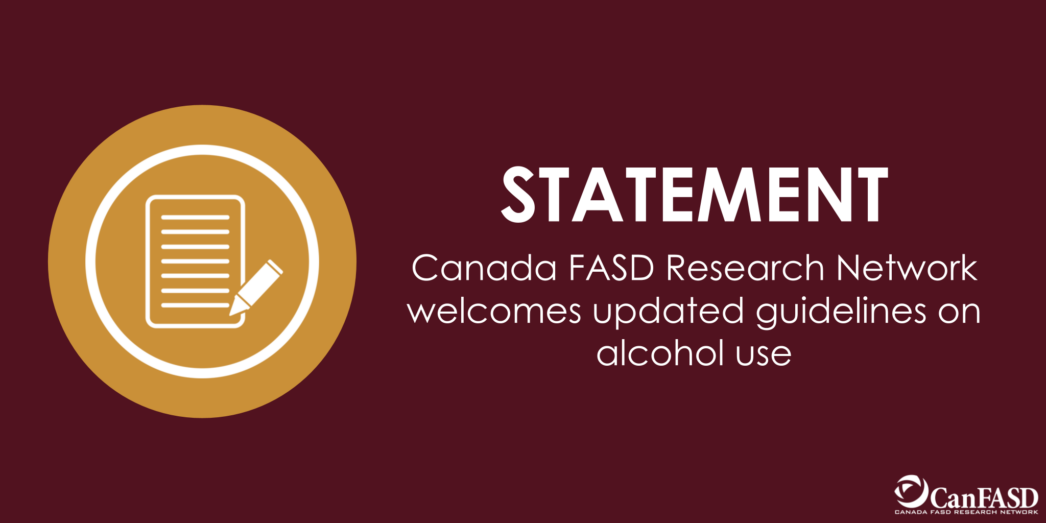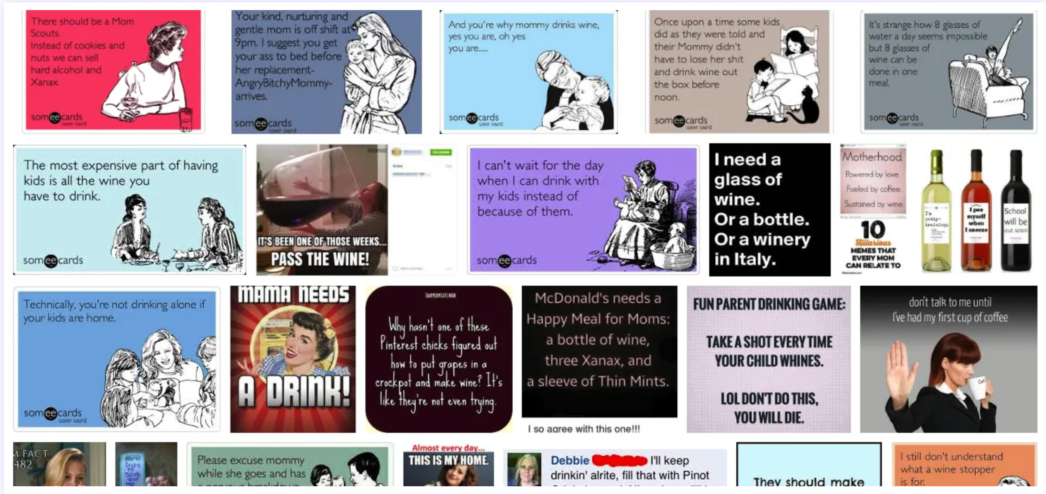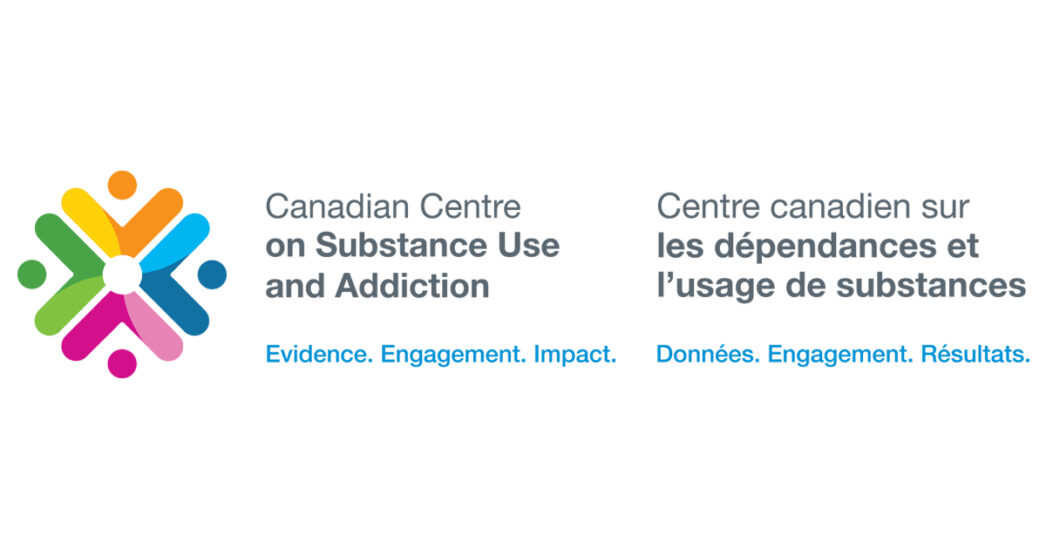We are excited to announce the launch of a three-part webinar series called ‘Alcohol Policy in Canada’.
Supporting individuals trying to reduce their alcohol intake
David Brown PhD and Wayne Skinner MSW have developed a person-centred guidebook for supporting individuals who are trying to reduce their alcohol intake.
Guiding Change in Alcohol Use through Compassionate Dialogue and Self-Help
David Brown tells us about the integrated approach he and his colleague recommend for supporting individuals who are trying to reduce their alcohol intake.
Statement: CanFASD welcomes updated guidance on alcohol use
The Canada FASD Research Network (CanFASD) supports the CCSA’s new guidance on alcohol use and health released this week.
CCSA Updates Canada’s Low Risk Drinking Guidelines
Since being published in 2011, there has been substantial new research on alcohol use and the physical, mental, and social effects. Health Canada has funded the Canadian Centre on Substance Use and Addiction to update Canada’s LRDG to reflect this new evidence.
Article Summary: Conceptualizing #winemoms in social media
In Canada (and many other countries), women of childbearing age (i.e., between the ages 18 and 35) are consuming more alcohol than ever before. Despites the potential health and social consequences associated with alcohol consumption, its use is increasingly being normalized as part of a stress management regime to cope with day-to-day life.
#WineMoms in Research
While engaged in my research, I often reflect on questions such as why do people feel that they need alcohol? What does alcohol mean to people in the context of their individual lives and circumstances? What fuels someone’s desire to drink? My own research, as well as popular culture writing such as Ann Dowsett Johnston’s book Drink: The Intimate Relationship Between Women and Alcohol, has made me think long and hard about how alcohol use in society is normalized.
Have your say in Canada’s Low Risk Alcohol Drinking Guidelines
Alcohol is inextricably linked to FASD. This is your opportunity to share how the Low-Risk Alcohol Drinking guidelines impact you.
5 Tips for Those Going Dry this January
Reducing your alcohol consumption can have a big impact on your physical and mental health. For women who are pregnant or at risk for becoming pregnant, going alcohol-free is important for their health and that of their future child. Whether you are committing to reducing your alcohol consumption this January, or you are pregnant and going alcohol-free, here are five tips to help you achieve your goals.
Fetal Alcohol Spectrum Disorder and Stress
Stress is a normal part of our daily lives and certain amounts of stress are important to help us function. Small doses of stress help us meet deadlines, get to places on time, and prepare for important events. However, long-term stress can be harmful and can lead to mental and physical health problems, like depression, substance use issues, and stroke.
- Page 1 of 2
- 1
- 2








